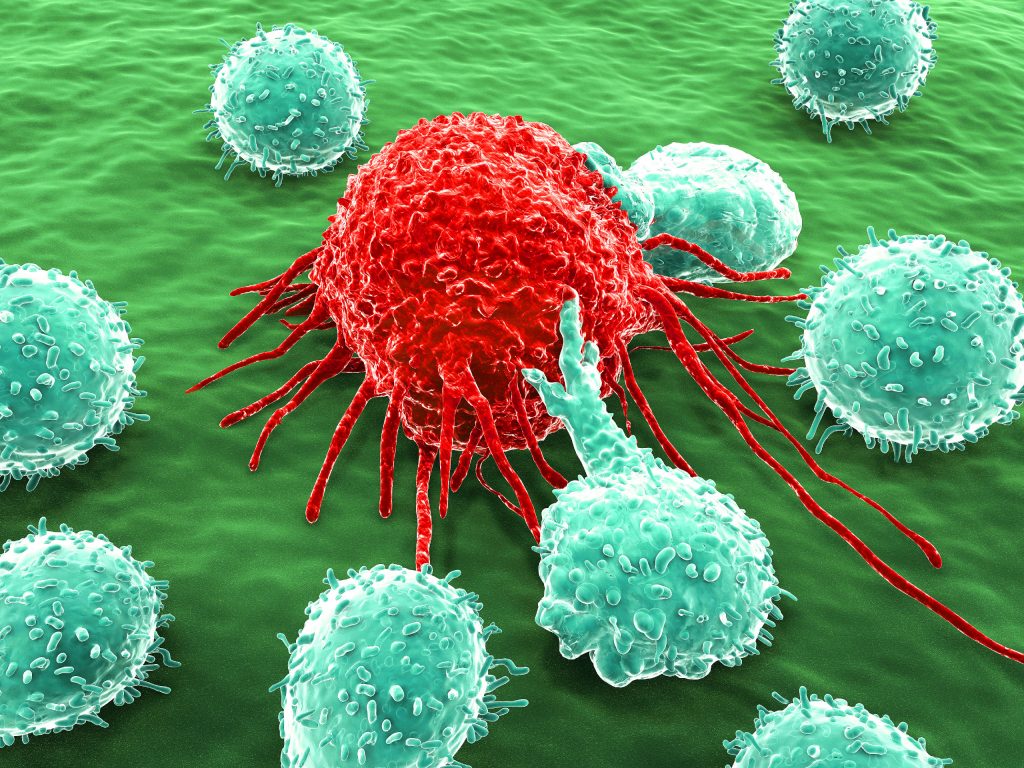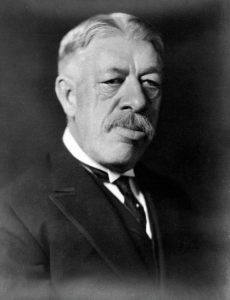
cancer_immunotherapy
Cancer immunotherapy is one promising cancer treatment option whereby the host’s own immune system is used to treat cancer. The therapy works by either stimulating certain immune activities, or counteracting cancer cell signals that suppress immune responses. Cancer immunotherapy has progressed significantly since 2011, when the first immune checkpoint inhibitor was approved by the US Food and Drug Administration (FDA). To date, the FDA has approved 6 immune checkpoint inhibitors with more on the way for the treatment of various cancer types including melanoma, lung cancer and lymphoma. Furthermore, in 2017, the FDA approved 2 chimeric antigen receptor T-cell (CAR-T) therapies to treat acute lymphoblastic leukemia and diffuse large B-cell lymphoma.
Cancer immunotherapy Origins

William Bradley Coley
The first recorded attempt at cancer immunotherapy can be traced back to more than a century ago. In 1891, William Bradley Coley (1862-1936), a 29-year-old bone surgeon at New York Cancer Hospital and recent Harvard Medical School graduate, boldly injected streptococcal organisms into an inoperable cancer patient. His hypothesis was based on a sarcoma case study in which a patient’s tumor vanished following erysipelas infection.
Dr. Coley hoped that he could similarly stimulate the patient’s immune system to shrink the tumor. He was successful and the patient’s tumor disappeared, making this the first known successful cancer immunotherapy. Later during his career, Dr. Coley treated over 1,000 sarcoma patients using immunotherapy and observed a fairly high rate of success in regressing some cancerous tumors. Due to his groundbreaking contributions, he is now considered the “Father of Immunotherapy” and the bacteria and bacterial products he injected into his patients are now known as “Coley’s Toxins”. Coley’s work, however, was harshly criticized due to inconsistent toxin preparation, off-target effects and lack of knowledge on the mechanism.
With all of the breakthroughs made to date, even today it is difficult to predict treatment outcomes. One of the main hurdles is the lack of a comprehensive understanding of genetic interplay among the immune checkpoint signaling pathways, which are critical in regulating T cell activation and immune tolerance. Future personalized cancer immunotherapy relies on the comprehension of drug-pathway interaction on the genetic basis.
Tools for Genetic Profiling of Key Immune involved in Cancer Immunotherapy
There is no doubt that cancer immunotherapy will become a major player in cancer treatment. For that to happen, further genetic studies are crucial to elucidate the complex mechanisms and to develop new therapies to enhance efficacy, treat more cancer types and reduce side effects. To assist our fellow researchers in better understanding genetic rationales in cancer immunotherapy, ScienCell developed two GeneQuery™ qPCR array kits. Profile key genes involved in the PD-1/PD-L1 checkpoint pathway and the CTLA4 checkpoint pathway.
Please visit our website for gene inclusion, gene aliases and their potential roles. And if you or your colleagues are attending AACR Annual Meeting 2018 in Chicago, IL, April 14-18, be sure to stop by booth #2440 to learn more about our Products & Services. We are excited to announce our new launches to help you advance your research. We feature the Absolute & Relative Telomere Length Quantification qPCR Assay Kits.

Thank you for the great and valuable article, please share more posts. When you or a loved one is battling cancer, you need access to every single weapon available.